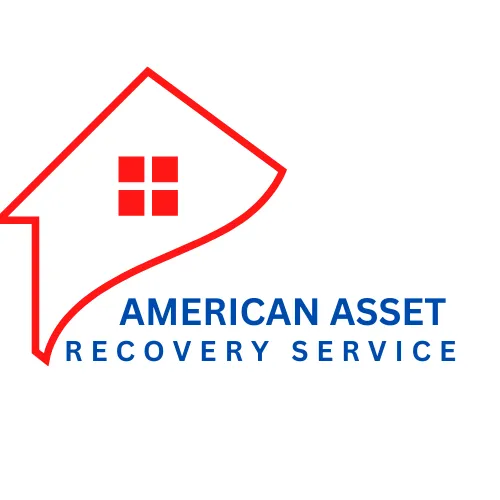ABOUT US
We work directly with various government agencies and will assist you in filing your claim to recover excess funds.
The advantage of working with us is that we charge no upfront fees and only receive a recovery fee upon a successful claim, so you bear no financial risk at all.
Accordingly, we encourage you to contact us to learn whether you have a valid claim for excess proceeds and, if so, how you can collect them.

Recovering Excess Funds from a Foreclosure in Georgia
Foreclosure surplus funds are the proceeds from the sale of a property that was foreclosed on. Also referred to as “excess funds,” these are the funds left over after a mortgage is paid through the final judgement.
Most foreclosures in Georgia are non-judicial in nature, which means lenders do not need to seek court approval to foreclose on a home. Instead, the matters are handled privately and the lender who forecloses on the home is responsible for distributing proceeds from the sale. Typically, excess funds go to the following (in this order):
Costs associated with the sale of the home
Interest and principal of the secured indebtedness
Lienholder(s)
Borrower(s)
Background Information on Government Tax Sale and Mortgage
Overages
Tax sales and mortgage overages can result in unexpected excess funds being held by government agencies. Depending on the particular situation, it is possible to collect these excess funds if the rightful owner or successor is identified. Here is a detailed explanation of the process.
Step 1: Identifying the Excess Funds
The first step to collecting excess funds is to identify any potential overages. This can be done through research of records held by the appropriate government agency. It is important to determine the type of funds and their source. This includes identifying the specific program or agency that is holding the funds, such as the Department of Revenue or a specific county government.
Step 2: Filing a Claim
After the funds have been identified, the next step is to file a claim for collection. This can be done directly with the government agency that is holding the funds or through an organization that specializes in collecting these types of funds. The claim will include information about the owner of the funds, the amount of the funds, and the reason that the funds are being claimed.
Step 3: Verifying the Claim
Once the claim is filed, the government agency must review the claim and verify that it is legitimate. This process will generally require some documentation, such as proof of ownership, proof of residency, and other relevant information. In some cases, the government agency may take some time to review the claim and make a decision.
Step 4: Collecting the Funds
Once the claim is approved, the claimant is then eligible to collect the funds. This process can vary depending on the agency and the type of funds. In some cases, the claimant may need to make arrangements to have the funds transferred electronically or mailed to them.
Step 5: Filing Taxes
If the claimant receives more than $600 in funds from the government, they are required to file taxes on the money. The claimant must report the amount of the funds on their tax return and pay appropriate taxes. Failure to do so can result in penalties and fines, so it is important to make sure that axes are properly paid.

Mary L.
Clayton County, GA
American Asset Recovery Service is amazing! They were incredibly knowledgeable and had a great understanding of the process.
I was worried that I wouldn't be able to get my money, but they did a great job and got me the money I was owed quickly and without any hassle. Highly recommend!"
Contact us for a free consultation to see how we can help you claim what's rightfully yours.
Call us at 678-224-0169 or email at
info@americanassetrecoveryservice.com

American Asset Recovery Service LLC
Atlanta Financial Center
3343 Peachtree Rd NE Ste 145-2334 Atlanta, GA 30326
CALL US -
(678) 224-0169
